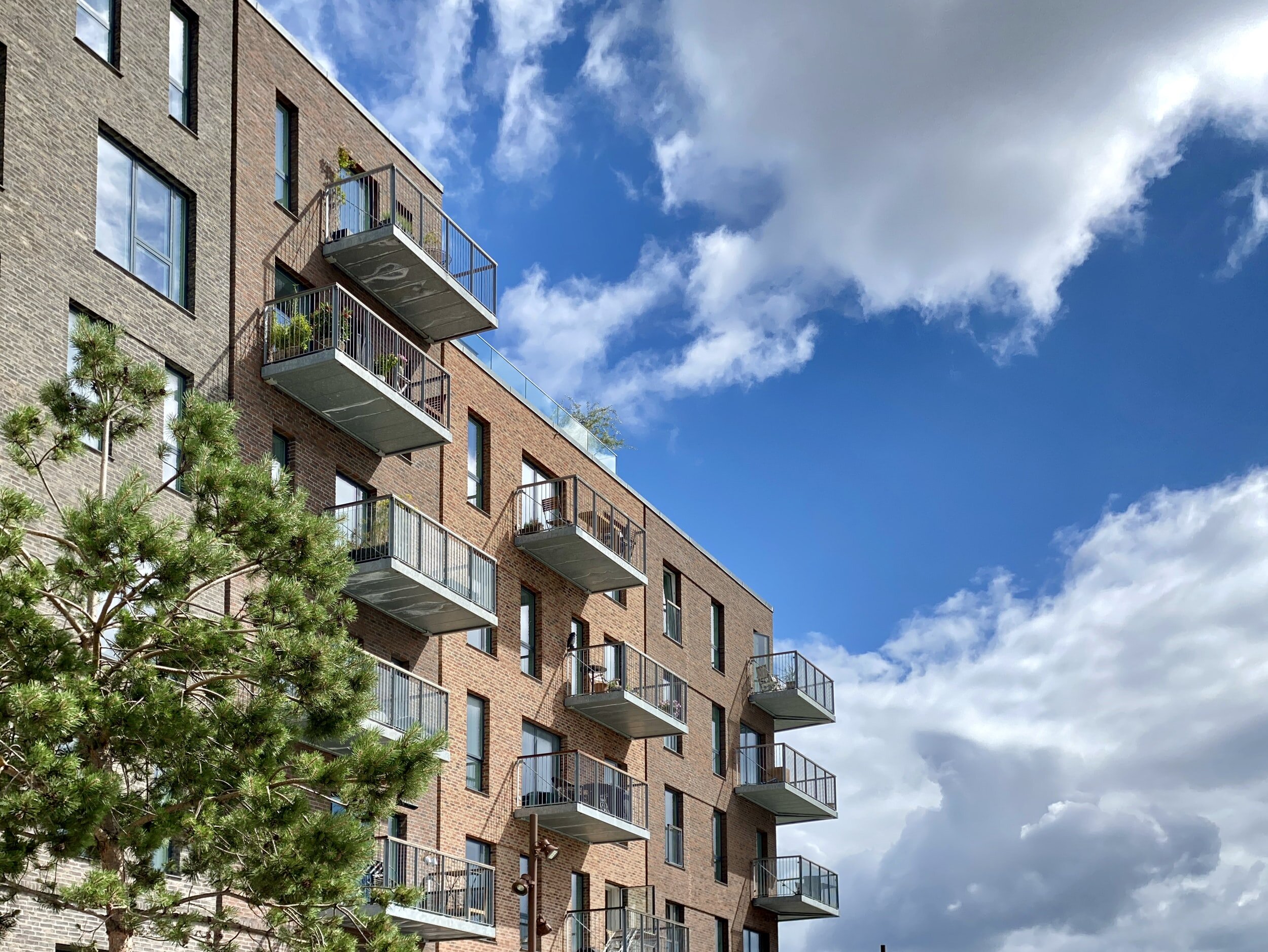In general, the home buying market in New York City can be highly competitive. This is due to the high demand and low supply of properties. And when it comes to luxury real estate, things are no different. Moreover, high-end homes are unique, so they are highly sought after, just like any rare item. It's also important to note that, according to the experts, 2022 will see a rise in both real estate prices and investments. So, here are six ways to prepare for a competitive home-buying season in NYC.
Check your finances
As we all know, buying a home is never cheap. It is particularly so when you're looking for luxury real estate in New York City. Therefore, before you start visiting open houses, you must determine your budget limit.
Analyze your finances carefully to see what you can afford and how much you’re willing to invest. Take into consideration your savings, income, and expenses.
It would be best if you also took into account potential additional costs. For example, you might be keen on old architecture, but you have to consider the costs of renovation.
If you're not ready to invest so much money at once, you can consider mortgages. And in this case, it’s essential to get a pre-approval. This way, you’ll know exactly how much money you can get.
It's also advisable to look at some of the prices on the luxury real estate market. This way, you’ll know what to expect.
To prepare for a competitive home-buying season in NYC, you first must determine your budget limit.
Prepare for a competitive home-buying season in NYC by hiring the best Agent to Represent You
If you're not a professional realtor, you'll need help tackling the competitive home-buying market in NYC. Real estate professionals can offer you advice and help you find your dream home. Due to their experience and access, an agent can filter the market for your preferences and set up showings for you.
Moreover, it’s good to know that luxury properties are not always publicly put up for sale. And you only hear about some of them through word of mouth. Therefore, having a well-connected team of real estate professionals is essential. So, choose wisely if you don’t want to miss out on your dream home.
While researching professionals, it's also good to look at moving companies. Buying a home might take some time, but it's good to be ready. The professionals at Roadway Moving advise that if you leave it for the last moment, you won’t be able to find the best services and offers. So, do some market research for this as well.
Put together a team of real estate professionals to help in this process.
Determine what you want
Once you've determined your budget and found the right team of professionals, you have to figure out what you want. And don't just say a mansion or a penthouse. You have to be specific. Otherwise, not even the best team of realtors will be able to find the right home for you.
What’s important here is to understand what luxury real estate means for you. Is it the size of the house or the location? The high-quality materials that were used to build it? Or is it the specific amenities? Your definition of a high-end property can even combine all of these aspects. But in any case, you have to put it all down on paper and sleep on it. Don't make rash decisions. After all, this is a significant investment, so it has to be a good fit.
Choose the right location
Before you start your house hunt, it’s good to narrow down the location. Each of the five boroughs of NYC indeed has its unique features. Nevertheless, you have to find the perfect place for you. To do this, you should first explore on your own. Visit each borough to get an idea about the landscape, the community, the social life, the schools, etc. Afterward, consult with your team of real estate professionals. Their experience and inside knowledge can help you make an informed decision.
To prepare for a competitive home-buying season in NYC, you should narrow down the location.
Learn to be patient
Buying a home is a considerable investment, particularly if you're buying luxury real estate. Therefore, you should avoid making any rash decisions. Take your time to analyze your options. If you don’t find the right fit as soon as expected, don’t despair. These things take time. And don't get discouraged if someone else beats you to it. It's essential to be sure before placing an offer.
However, it’s also good not to be too picky and wait too long. Yes, the home you’re buying should satisfy all your needs, but there’s no such thing as a perfect house. So, you should be willing to make some small compromises. Otherwise, you might never find what you’re looking for.
Learn to negotiate
Just because you're buying luxury real estate doesn't mean you shouldn't get a fair price. Therefore, don't skip the negotiation once you find a home you like. This is where your Real Estate Broker will be a huge asset to you as they are a negotiating expert and know the market prices well. They can advise you on what to submit for the strongest offer to win the property. It's also good to know how much competition you have. If the property is highly sought after, you might not have any other option than to place a higher offer.
Final thoughts
Because of the high demand and low supply, the housing market in New York City can be very competitive. Besides, finding the right home is never easy. So, what can you do to prepare for a competitive home-buying season in NYC? Determine your budget, seek professional help, identify what you want, and narrow down the location. Being specific is key. It's also essential to take your time and not make rash decisions. And in the end, make sure you get a fair price.






























